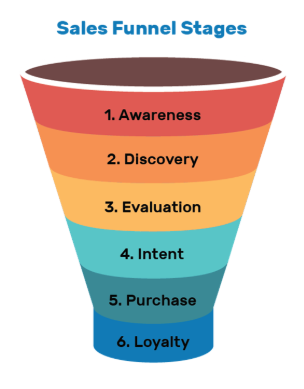Value Ladders, Upsells, and Leverage Components
All three of the items in the title of this post are related, with nuanced differences. The first two are both leverage components. An upsell is basically a disguised value ladder. Let me explain. At the highest level of marketing, a value ladder is fully explained as part of a strategy. It starts with an introductory offer of (typically) anywhere from $9.97 to $49.97 and is a part of a fully transparent strategy that tells a prospective participant the "goal" is to leverage into higher-level (price and value) products. Value Ladders are a way to maximize the lifetime earnings from a single customer by increasing the monetary investment, typically over time, and (perhaps) out of earnings. Upsells, on the other hand, promise "the world" in an initial offer and then on the bridge page (sometimes referred to as thank you page) give you the infomercial equivalent of "but wait... if you act now... never to be seen again at this price" pitch. To me, this i...

